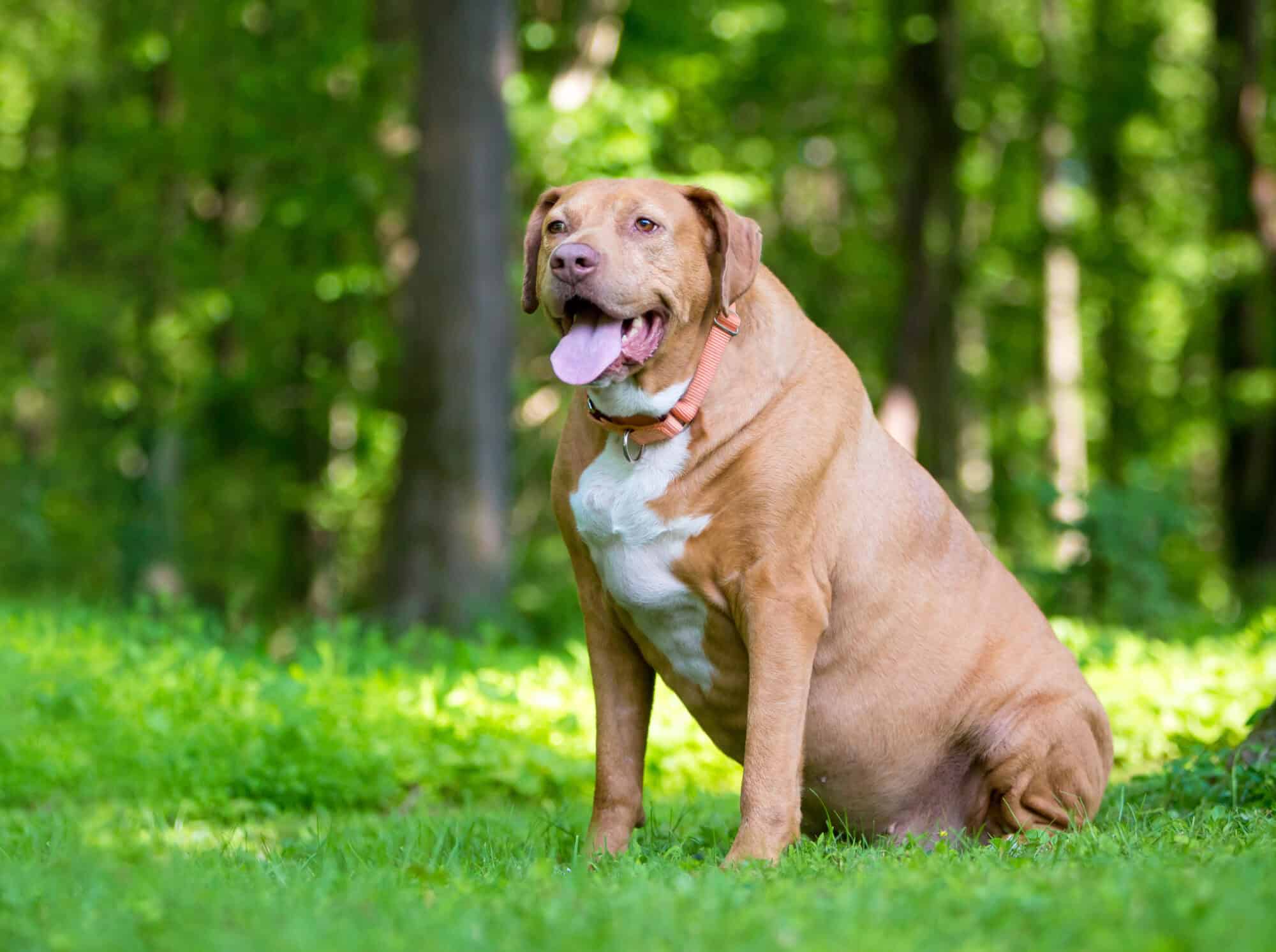Facts About Obesity in Pets

Despite the active lifestyles of many pet owners, the alarming truth is that a majority of our nation’s pets are considered overweight or obese. Most often caused by the overconsumption of calories, pet obesity is preventable. With daily attention to meal portions, treats, and exercise routines, pets can enjoy longer, healthier lives.
It Doesn’t Look or Feel Good
In addition to less flexibility and decreased mobility, overweight and obese pets suffer from a varied list of potential health problems, including arthritis, diabetes, heart disease, and even cancer. The result may be both a diminished quality of life and a decreased life expectancy.
Pet Weight Management in California
Western Veterinary Center provides comprehensive wellness exams, diagnostics, and guidance on how to prevent and manage pet weight gain. Together with our clients, we design nutrition plans focused on what individual pets need to thrive.
Breed, Age and LIfestyle
To design a treatment plan, we take into consideration a pet’s breed, age, lifestyle, and overall health. A body condition score might be used in tandem with blood work and imaging to customize a pet’s food, portion sizes, and goals for daily exercise.
Get on the Treadmill
Generally, pets need at least 30 minutes of exercise every day, and more for working breeds or younger pets. You can keep them engaged in physical activity if it’s paired with mental stimulation.
Start slowly by implementing activities or locations they like best. Over time, increase their speed and duration. Since you won’t be rewarding them with treats, shower them with praise, encouragement and affection to keep them moving.
Say No to Treats
We know how hard it is to resist sharing food and offering tasty treats to pets. That said, only a small percentage (about 5%) of a pet’s daily caloric intake should come from treats. Accidental over-consumption of treats is a major contributing factor to pet weight gain. Always limit table scraps and people’s food.
Measuring exact portions can help support a pet’s weight loss goals. Stay consistent with regular intervals, use the same cup for all meal sizes, and always pick up any food left behind.
Focus on the Good Stuff
We will work with you to find the best diet for your pet. Providing high quality pet food is equally important to portion sizes. With fewer fillers and preservatives, pets are satisfied for longer periods of time and seek out food less frequently.
Supporting Pet Health
A huge component of preventing weight gain is to stick to regular wellness appointments. We track weight loss or gain every time we see your pet, and any deviations from the baseline, or healthy value, can help us stay in front of developing or worsening issues.
Please let us know if you have any questions or concerns. We are always happy to help your pet at Western Veterinary Center.
